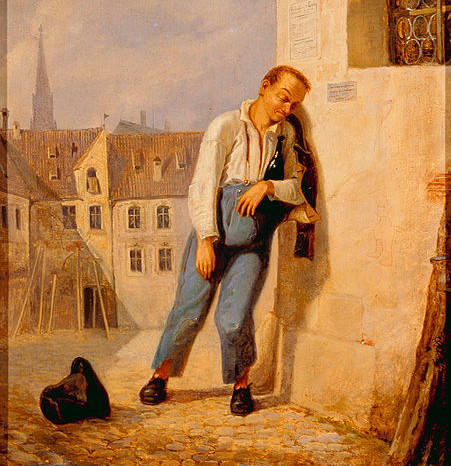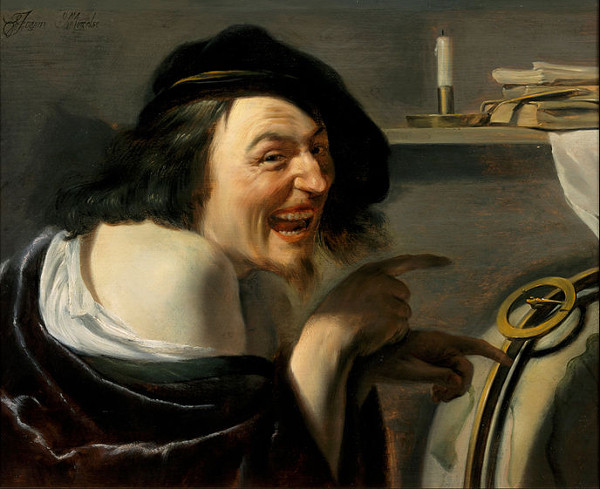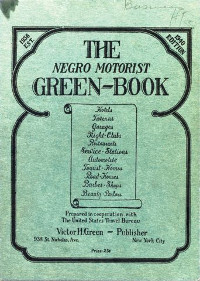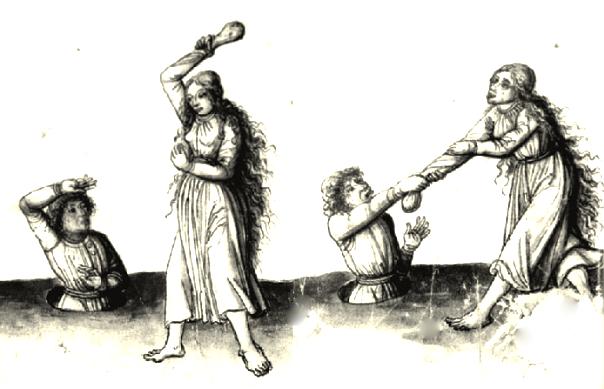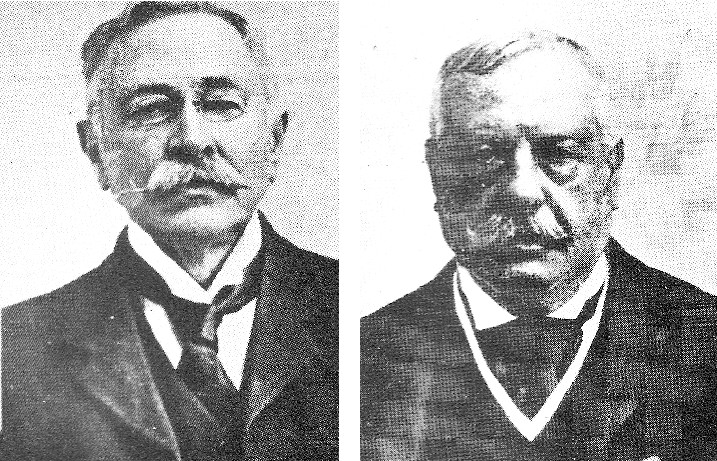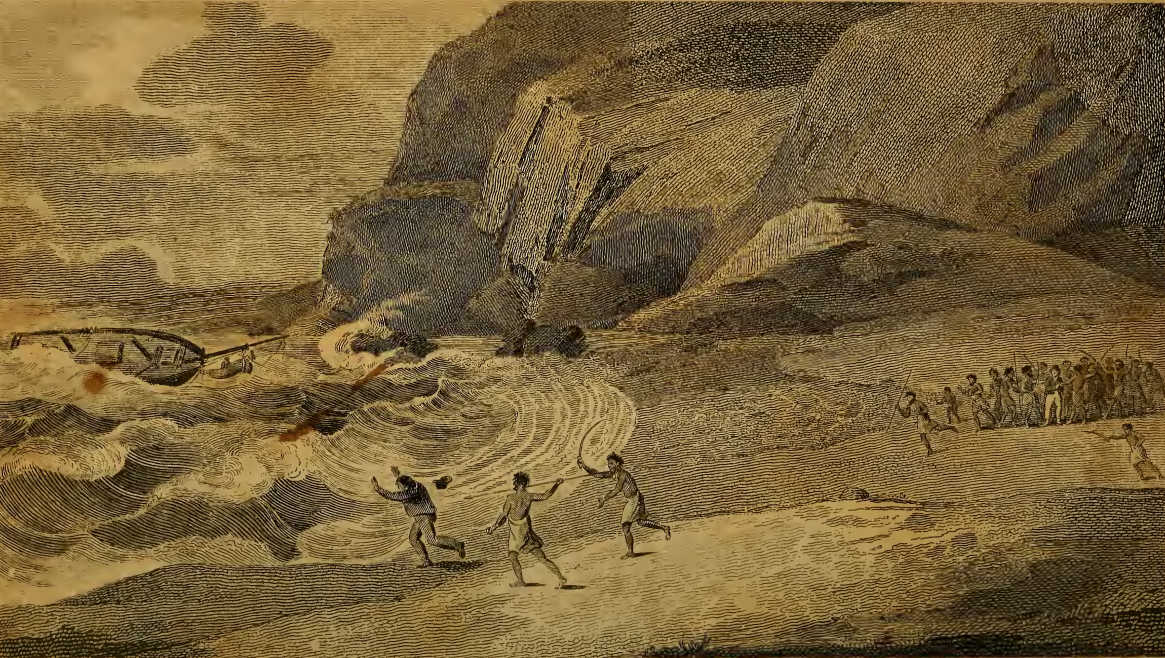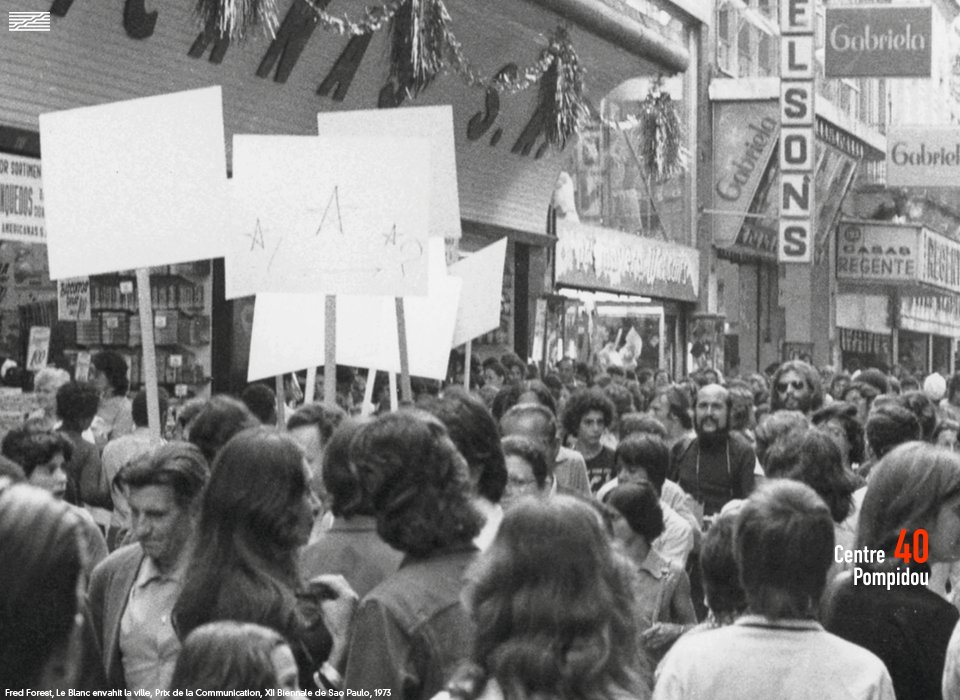
Though Republicans won a majority of seats in the U.S. House of Representatives in 1930, fully 14 House members died during the ensuing 72nd Congress, including Speaker Nicholas Longworth. As a result, Democrats were able to elect one of their own as speaker.
Things weren’t much better in the Senate. Sen. Hiram Bingham (R-Ct.) said in 1931, “It is a very striking fact and one which cannot be too often called to the attention of Senators that there is no other body of this size in the world which has as high a death rate as this body. Out of the 96 Senators, during the past 7 or 8 years at least three have died each year, and if there is anything that can be done to cause members of this body to enjoy greater health and to prolong their lives, it seems to me that no one should object to it.”
In 1996 George Washington University political scientist Forrest Maltzman and his colleagues found evidence that the Capitol’s ventilation system might have been a significant factor. As early as 1859, one senator had called his chamber “the most unhealthful, uncomfortable, ill-contrived place I was ever in my life; and my health is suffering daily from the atmosphere.” A ban on smoking didn’t seem to help, but a new ventilation system, complete with air conditioning, was installed in 1932, and Maltzman found a significant decrease in mortality beyond this point, sparing an estimated three members per Congress.
“Accordingly, we think there is at least a ghost of a chance that [political scientist Nelson] Polsby is correct when he argues that the advent of air-conditioning in the 1930s and 1940s may have had no less momentous an impact on political life (and death) in the nation’s capital than the massive changes the city underwent during the 1960s and 1970s — racial desegregation, home rule, and rapid population growth.”
(Forrest Maltzman, Lee Sigelman, and Sarah Binder, “Leaving Office Feet First: Death in Congress,” PS: Political Science & Politics 29:4 [December 1996], 665-671.)
